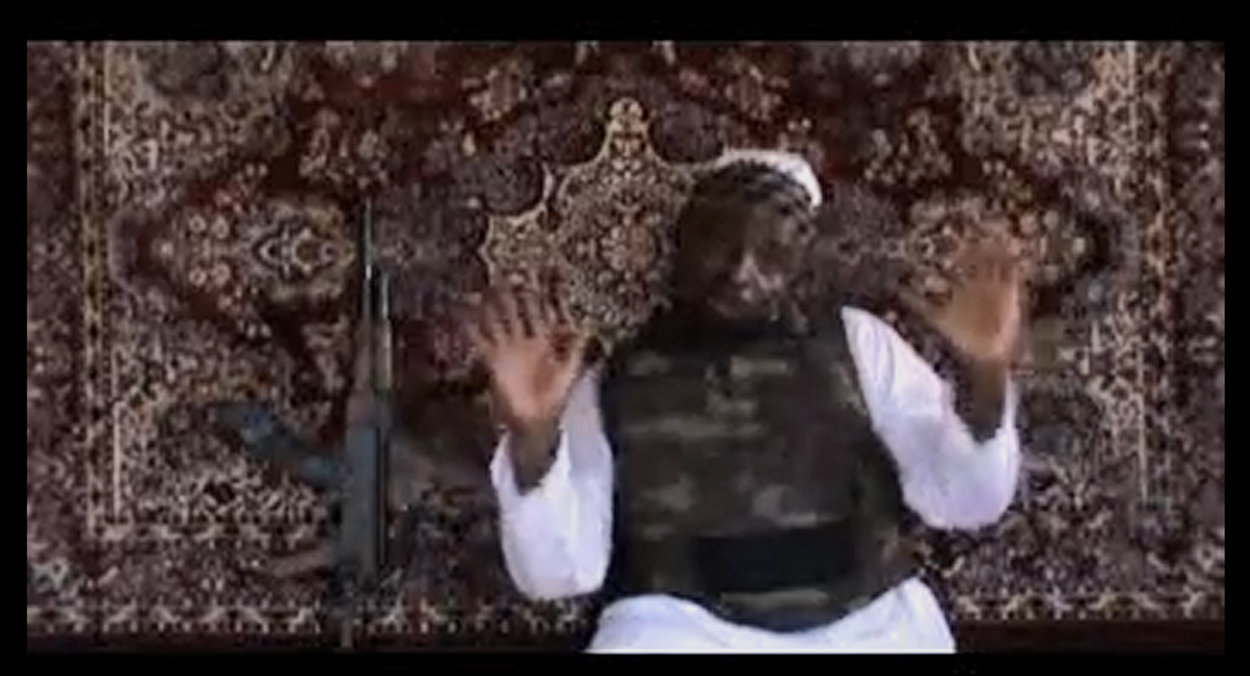 President Abdel Fattah Al-Sisi discussed Friday the reactivation of the Middle East peace process, the establishment of an independent Palestinian state and restoring rights to its people.
President Abdel Fattah Al-Sisi discussed Friday the reactivation of the Middle East peace process, the establishment of an independent Palestinian state and restoring rights to its people.
The talks, conducted on the sidelines of Sharm El-Sheikh’s Economic Summit, were held between Al-Sisi, Jordanian King Abdullah II, Palestinian President Mahmoud Abbas and US Secretary of State John Kerry.

(Photo Presidency handout)
Al-Sisi maintained Egypt’s stance alongside the Palestinian people, hoping to reinstate stability in the region. He said this would occur by cultivating a climate conducive to “pushing the process forward, so as to realise a just and comprehensive peace in the region”, presidential spokesperson Alaa Youssef sated.
Ahead of the Economic Summit, Al-Sisi described Egypt’s relations with Israel as non-hostile and non-sceptical in an interview with US newspaper The Washington Post Thursday. Al-Sisi referred to the nature of the bilateral relations as full of trust and confidence.
Al-Sisi then assured The Washington Post that he was in regular contact with Israeli Prime Minister Benjamin Netenyahu.
“I just want to reassure him that achieving peace [with the Palestinians] will be a historic deal for him and for Israel, and that we are ready to help reach this peace,” he was quoted saying.
Despite that, Israel was among three notable exceptions to the invitees to Egypt’s Economic Summit. According to the Foreign Minister Sameh Shoukry, Israel, Iran and Turkey do not comply with “Egypt’s standards regarding the quantity of investment”.
Following the most recent eruption in the Israeli-Palestinian conflict in July 2014, Egypt sponsored a ceasefire deal between Hamas and Israel, after which it hosted a fundraising conference for the “Restoration of Gaza” last October. Peace talks were to resume the same month, but were halted after a deadly Sinai militant attack on Egyptian soldiers.
Senior Hamas member Bassem Neim had reported that Egyptian officials indefinitely postponed negotiations due to “precautionary security measures taken in the Sinai Peninsula.”
Egypt expressed concerns regarding tensions between Hamas and the Palestinian Authority led by Abbas, claiming Palestinian unity was on the top of its foreign policy agenda.
This was followed by a crackdown on Hamas, as an Egyptian court designated the Palestinian group as a terrorist organisation in February. At the same time, statements by Egyptian Minister of Justice Mahfouz Saber in March indicated that Hamas members should be arrested and their money and headquarters confiscated.
Hamas’ spokesperson Sami Abu Zuhri reacted angrily, accusing Egypt of “making the occupation a friend and the Palestinian people an enemy”.
Hamas members are also accused in a major trial case involving former president Mohamed Morsi and Muslim Brotherhood leaders, in a lawsuit publicly known as he “prison break” trial. The trial involved members who were allegedly behind a mass prison break during the first days of the 25 January Revolution.


